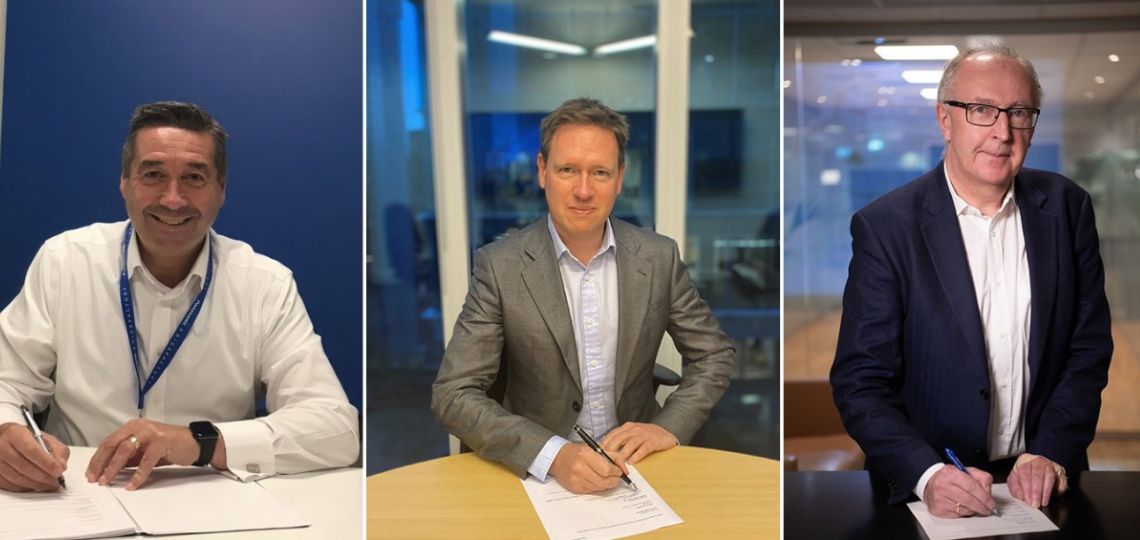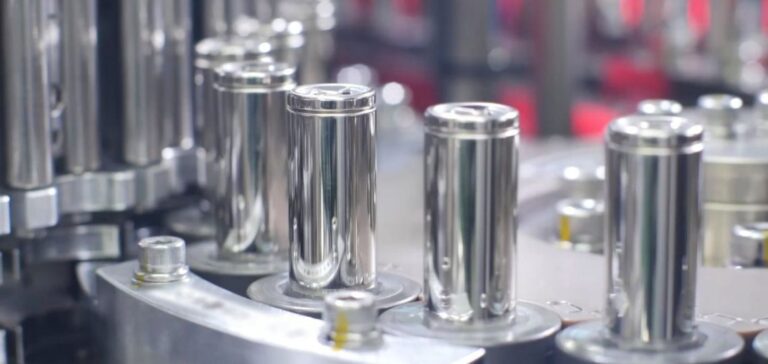Energy storage is at the heart of the partnership between Panasonic, Equinor and the Hydro industrial group. The three multinationals have signed a memorandum of understanding to form a strategic partnership to explore the possibility of a joint European venture.
A multi-dimensional alliance to enhance the future of batteries and ensure the ecological transition

The conglomerate will start its collaboration with a business case around summer 2021. The main aim will be to assess the market potential for lithium-ion batteries in Europe.
Panasonic to contribute its high-tech expertise
The stated aim is above all to target the European market for electric vehicles. The alliance will also explore the potential of an integrated battery value chain and co-location of supply chain partners. The conclusions of this initial exploratory phase will form the basis for subsequent decisions. It is part of Panasonic’s plan to expand its footprint in the European lithium-ion battery market.
Mototsugu Sato, Executive Vice President of Panasonic, states that the company sees the strategic partnership with Equinor and Hydro as a potential basis for the future development of its group and the growth of the European sector.
“This collaboration combines Panasonic’s position as an innovative technology company and leader in lithium-ion batteries, with the deep industrial experience of Equinor and Hydro, two powerful global players, to potentially pave the way for a robust and sustainable battery business in Norway. We are pleased to be part of this initiative to explore the implementation of highly advanced, sustainable supply chain technologies to meet the demanding needs of lithium-ion battery customers”.
The ambition is to create a profitable and sustainable energy storage business
Electrification is a key element in Europe’s transition to net zero emissions by 2050. Energy storage will play a key role in this. Particularly in the transport sector, where demand is growing rapidly. The alliance aims to become one of the leaders in this market.
Al Cook, Executive Vice President of Global Strategy and Business Development at Equinor, demonstrates this commitment to long-term energy storage:
“Our companies seek to be leaders in the energy transition. The creation of this world-class partnership demonstrates Equinor’s ambition to become a major energy company. We believe that battery storage will play an increasingly important role in bringing energy systems to net zero emissions. By pooling our different areas of energy expertise, our companies will seek to create a profitable, scalable and sustainable battery business.”
Preliminary results expected end of first half 2021
As part of this initial phase, the companies will directly engage potential customers in a wide range of sectors, and enter into dialogue with the relevant authorities in Europe. The idea is to guarantee competitive framework conditions for this joint venture.
Arvid Moss, Executive Vice President of Energy and Corporate Development at Hydro, is confident about the results of the alliance:
“We have seen in recent years that Hydro’s unique combination of capabilities from the renewable energy industries is a solid foundation for creating partnerships to explore growth opportunities in the energy storage industry.”





















